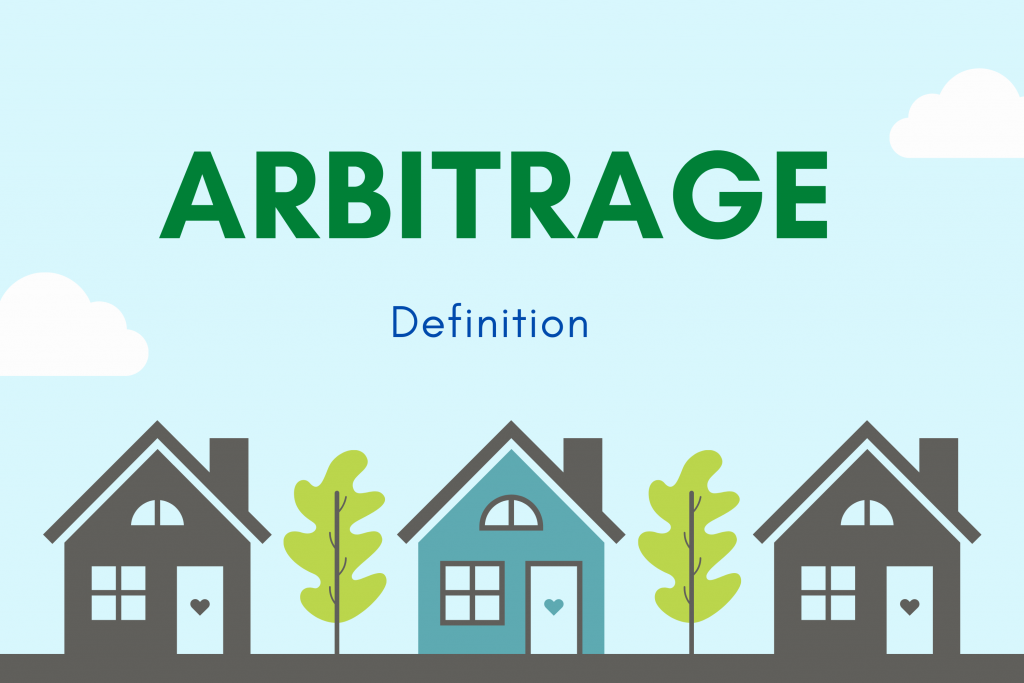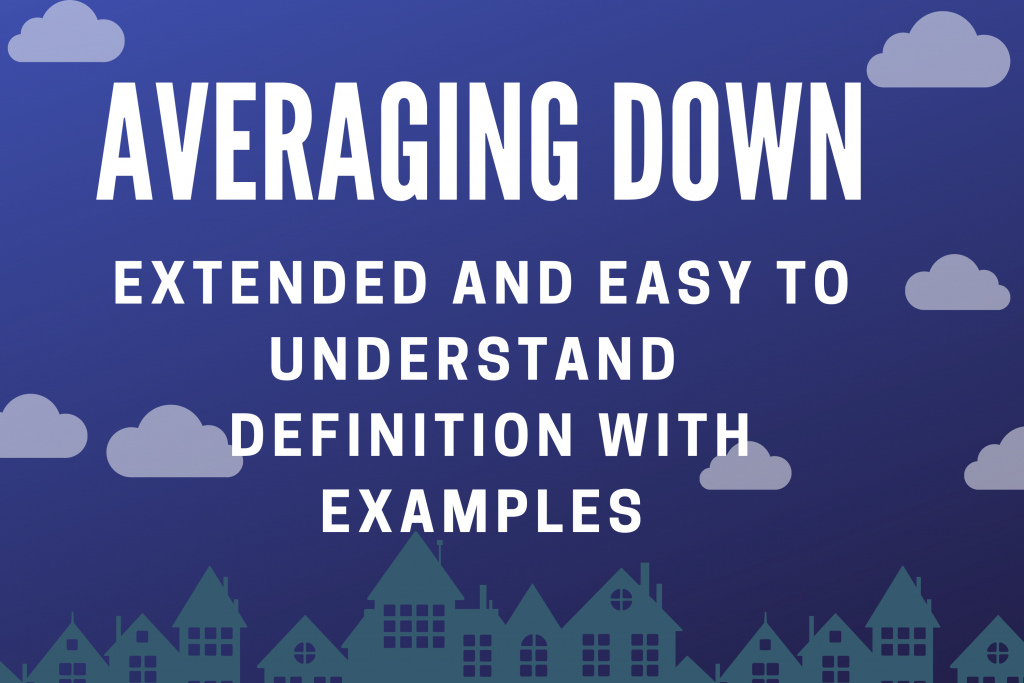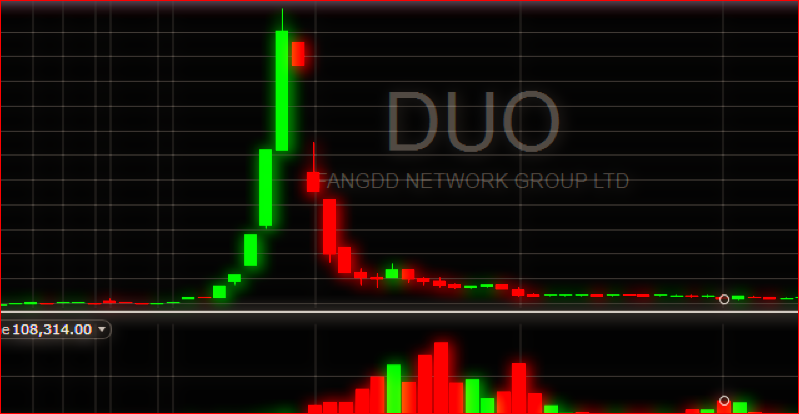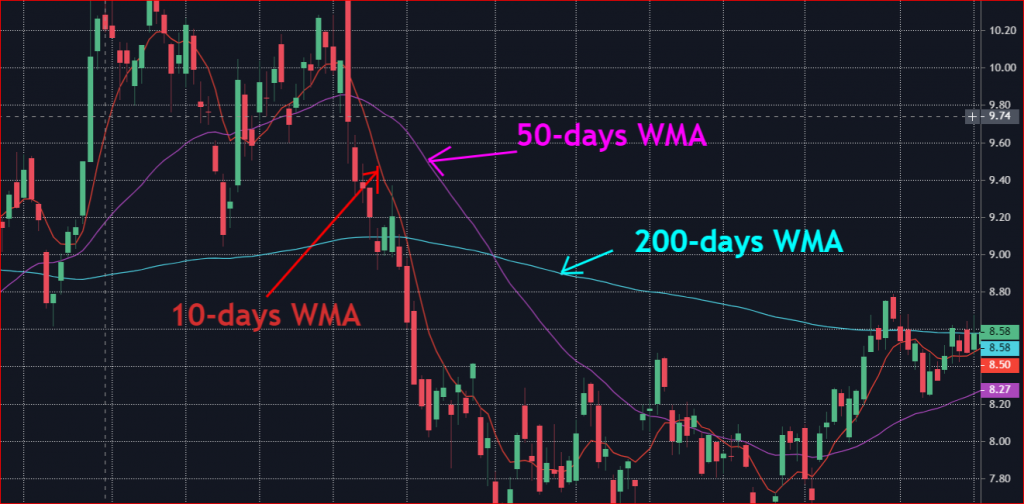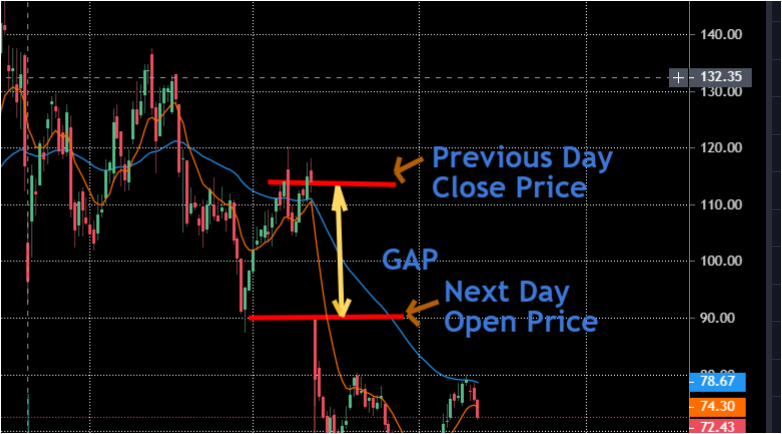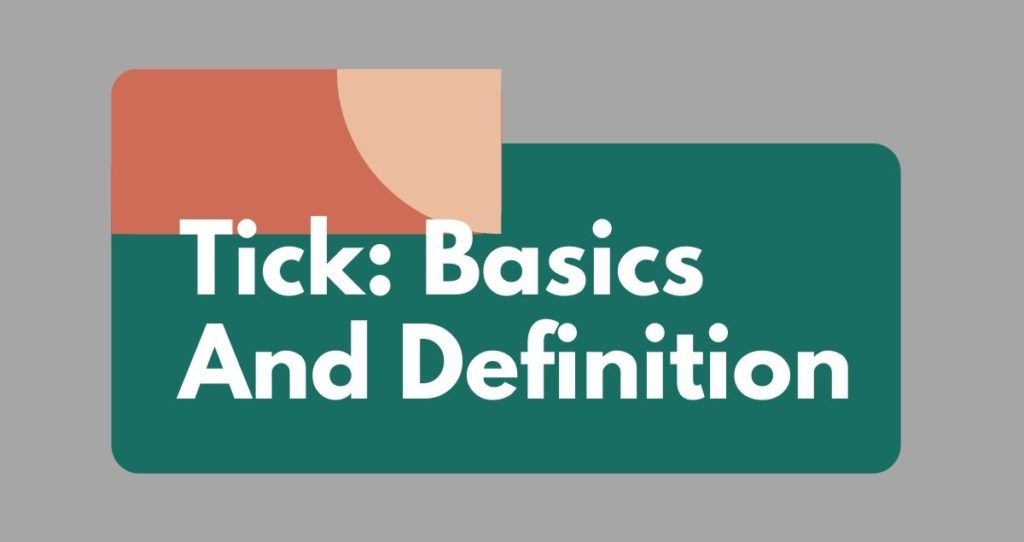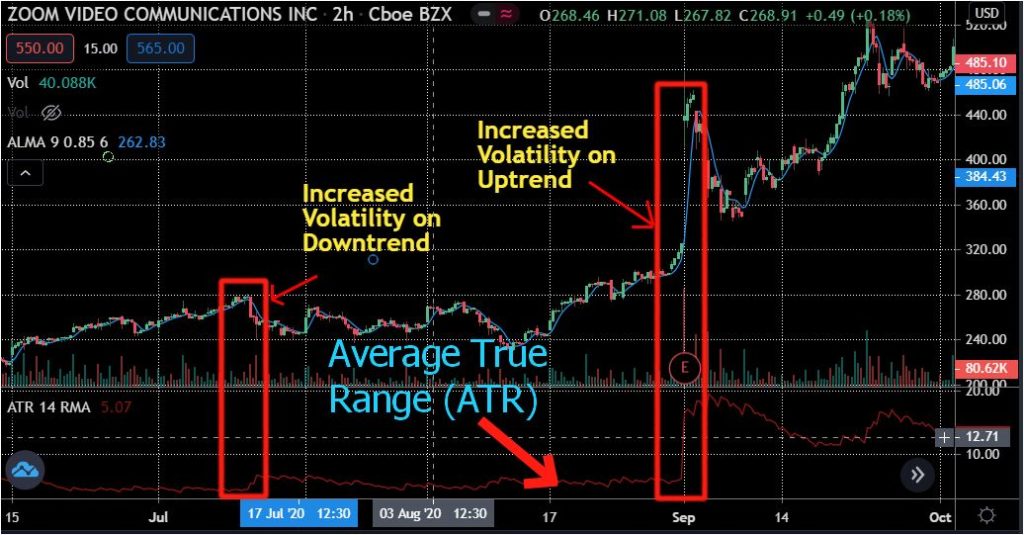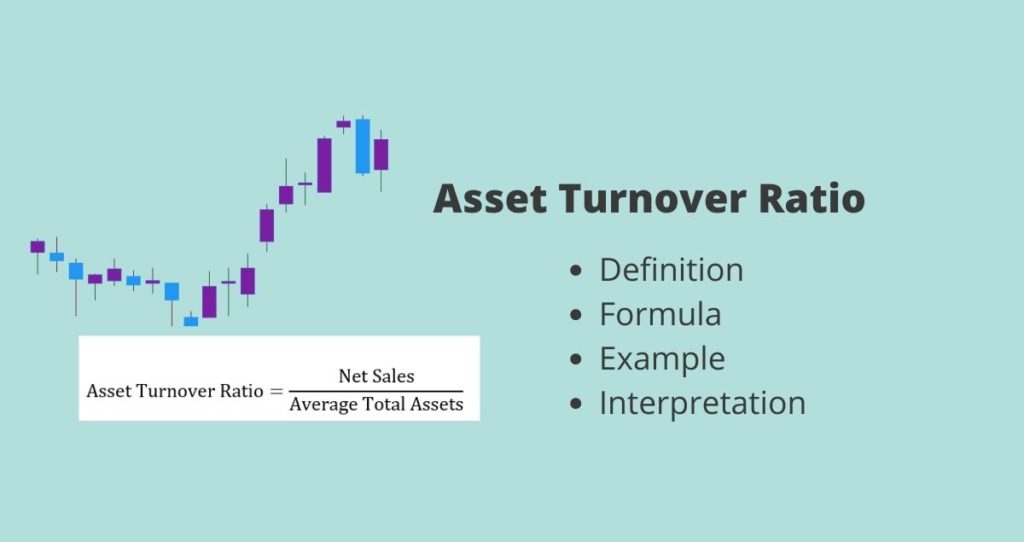A money market account (MMA) is a hybrid deposit account that combines features of savings and checking accounts. Typically, MMAs offer higher interest rates than traditional savings accounts and the flexibility to make deposits, withdrawals, or pay bills online. Depending on the institution, some MMAs come with debit cards, but the number of purchases and transfers is usually limited to six monthly. Having an ATM also means you can withdraw money from your account at an ATM.
In this post, I will cover the basics of money market accounts, how and where to open an account, and tips to protect your savings.
What is a money market account?
In simple terms, a money market account is a savings account that offers a higher interest rate than a traditional savings account but also gives you access to your funds. The account provides features similar to a checking and savings account. You can open an MMA from your local bank, credit union, or online financial institution.
Similarly to a savings account, MMAs limit the number of withdrawals and transfers to six monthly. Some MMAs come with debit cards and checkbooks; you can withdraw money from an ATM. A money market account is suitable if you want to earn a higher interest rate than savings account rates without losing access to your money.
Features of a money market accounts
- Access to your money. MMAs limit the number of purchases and transfers to six; you might get a debit card and be able to make withdrawals.
- Interest rates. Money market accounts pay higher interest than traditional savings accounts but lower than high-yield savings accounts and CDs.
- FDIC Insurance. The FDIC insures MMAs up to $250,000 per depositor, institution, and account category. If you open a money market account from a credit union, the NCUA insures your deposit up to the same limits.
- Interest. Money market accounts pay interest on your funds, which is usually higher than rates on traditional savings accounts.
- Fees. Some institutions charge a monthly maintenance or service fee. Similarly to savings accounts, you might also pay a fee if the balance falls below a certain threshold.
- Minimum balance. There are usually two types of minimum balances. Banks and credit unions require a minimum deposit to open an account, generally higher than savings account requirements. The second minimum balance is the balance you must maintain in the account to avoid a fee.
Money market account restrictions
Money market accounts are great investment options for those with higher and stable deposits. However, they come with restrictions, just like savings accounts. The following are a few restrictions associated with money market accounts.
- A minimum balance is required in the account, which varies by institution.
- The number of transfers and purchases is usually limited to six per month.
- The interest you earn on the money market account depends on the account value.
- Some banks can offer you higher rates for some time and reduce the rates later.
Benefits of money market accounts
- Interest yield is one of the most significant benefits of money market accounts (MMA). MMAs usually pay a higher interest rate than you can earn from regular savings accounts. The account also has easy access to your money, allowing you to write checks, do ATM transactions and money transfers, make purchases, and pay bills. It is important to note that your money market account might limit the number of purchases and transfers to 6 in a month.
Disadvantages of money market account
While MMAs are great for saving, they also have disadvantages, which you should know if you are interested in a money market account.
- You will have a limited number of withdrawals. According to Bankrate, you can only have six electronic transfers per month.
- You will pay taxes on the interest you make
- The money you make is too little compared to the inflation rate. In other words, you will still lose money through inflation.
- Most money market accounts require a higher minimum balance in the account.
- You will be paid a higher interest rate until your account value reaches a specific value. The bank will dictate your return on investment.
- You will only have a higher interest rate if you have deposited a large sum.
- Some money market accounts will require a minimum deposit to start the account.
Summary of the pros and cons of money market accounts
| Pros | Cons |
| It may include a debit card, ATM transactions, etc. | Comes with higher initial deposit requirements. |
| Pay higher interest rates. | The interest might not be enough to beat inflation |
| It may come with the option for paying bills, money transfers, making purchases | Only six withdrawals are allowed every month |
| Most banks offer MMAs | It may require a higher minimum balance. |
| FDIC/NCUA insured up to $250,000 | You need a higher balance to earn a higher rate |
How do you make money with a money market account?
An MMA account works similarly to a savings account. To make money with a money market account, you first need to open the account and make a deposit. After depositing the money, you will earn interest, known as the annual percentage yield(APY). The interest on your deposit will change based on market rates, and some banks pay tiered rates. This means higher balances come with higher annual percentage yields.
Read more: Which savings account will earn you the most money?
Money Market account vs. savings account vs. checking account vs. CDs
Money market accounts are one of many deposit accounts you can open from your bank. But each account comes with its pros and cons. As a consumer, you must know the difference between all deposit accounts to ensure you open the proper account and not leave money on the table. Let’s see how these accounts differ from each other.
- A checking account. This account is designed for daily transactions and offers unlimited transfers, withdrawals, and purchases but usually does not earn interest.
- Traditional savings. This account is designed to help you achieve your savings goals and establish an emergency fund. Savings accounts earn you a small interest and might require a minimum deposit, but they limit the number of withdrawals and transfers to six per month.
- Money market accounts (MMAs). The account offers higher rates than traditional savings accounts and provides the flexibility to make purchases, withdrawals, and transfers. You might also get a debit card and withdraw money from an ATM. However, you can only make six withdrawals per month.
- Certificates of deposits(CDs). These accounts offer the highest fixed interest rate of all deposit accounts. The money must be locked in an account until maturity in return for the high interest. You can not add more funds to the account, transfer, withdraw, or pay bills. That is, you cannot touch your money until after maturity.
- High-yield savings accounts(HYSA). HYSAs offer a much higher rate than traditional savings accounts. Online banks and similar institutions usually provide them. With a HYSA, you can earn as much as 10 to 20 times the rates you typically get with a traditional savings account.
Summary: Money Market account vs. savings account vs. checking account vs. CDs
| Features | Money market accounts-MMAs | Traditional savings accounts | High-yield savings accounts-HYSA | Certificates of deposit(CDs) | Checking account |
| Interest rate | Yes, and variable | Yes, and variable | Yes, and variable | Yes, and fixed | Usually, no. But, variable when offered. |
| Debit card | Yes | No | No | No | Yes, and unlimited |
| FDIC/NCUA insurance | Yes | Yes | Yes | Yes | Yes |
| Best for | Flexible short-term savings | flexible long-term savings and emergency funds | Long-term savings and emergency funds | Short and long-term savings without the need for money | Daily transactions such as shopping, etc |
| Account Access | Limited | Limited | Limited | No access | Unlimited |
| Where to open an account? | Banks, credit unions, and online financial firms | Banks, credit unions | Banks, credit unions, and online financial firms | Banks, credit unions, and online financial firms | Banks, credit unions |
When should I choose a money market account over a regular savings account?
A money market account is suitable if you want to earn a higher interest rate but also need to make occasional purchases with your funds. For example, if your bank offers 1.5% on savings accounts and 2% on money market accounts, you might select the money market account due to its better rate of return.
On the other hand, if your bank offers similar rates across its deposit accounts or higher rates of savings accounts, choosing a savings account might be a good idea. You might also stick to a savings account if you want to park your money for a long time or don’t have an initial deposit required for a money market account.
How much money can you make with a money market account?
Money market accounts earn interest based on the balance tier. This means you cannot know the exact interest you will earn until you have deposited the money. Usually, most money market accounts interest falls between 0.01 and 3.45%, according to Smartasset. According to the Federal Deposit Insurance Corporation(FDIC), the national average interest yield on money market accounts is 0.64%. These rates, however, are adjusted regularly based on market rates.
If your initial deposit is $10,000 at 3% and your monthly contribution is $100, your account balance will be $27,383 after ten years. If we break this balance down, your total contributions will be $22,000, and you will have earned $5,383 in interest.
However, this is not the best return on investment, as you can find other investment alternatives with higher rates than money market accounts. For example, opening a high-yield savings account or a CD will yield a much higher return on investment if you don’t need the money.


